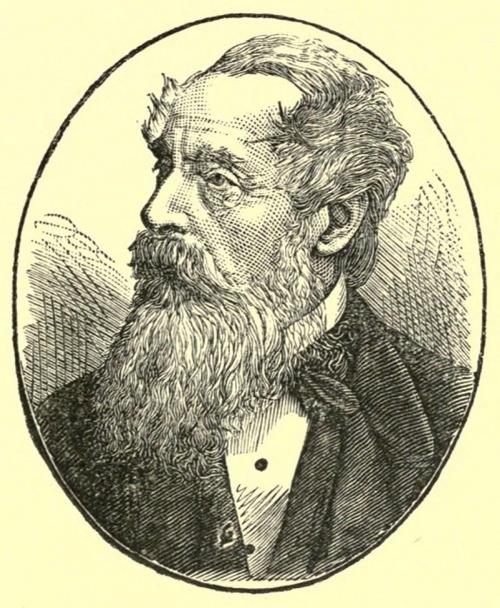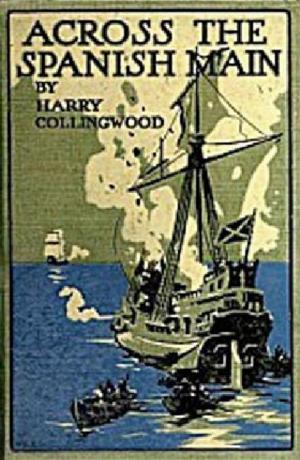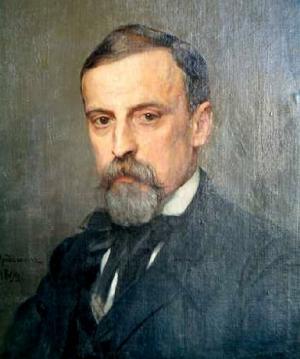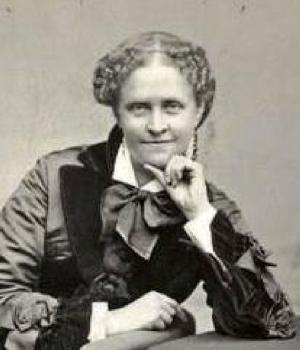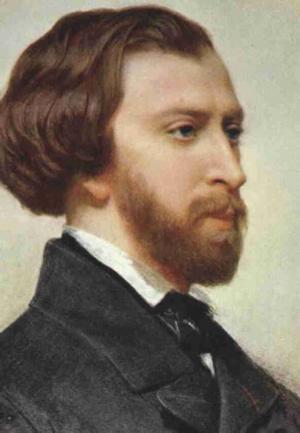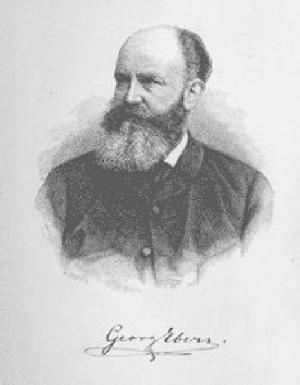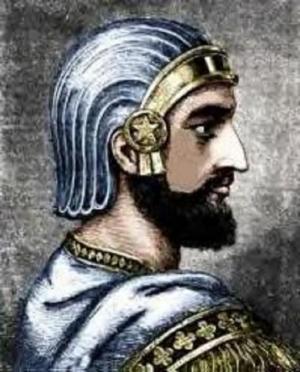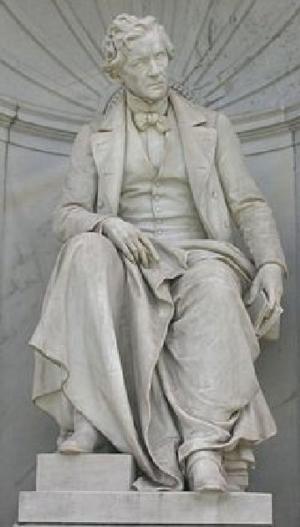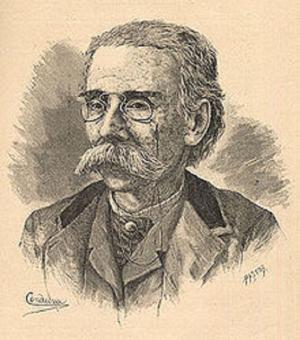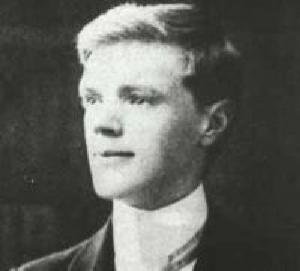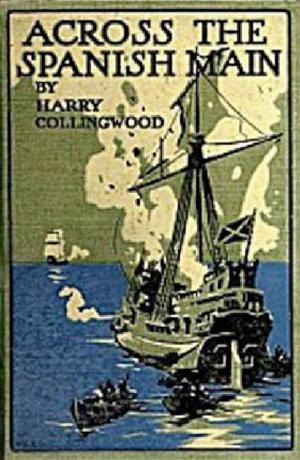Manco, the Peruvian Chief, an Englishman's Adventures in the Country of the Incas
Fiction & Literature, Classics, Kids, Teen, General Fiction, Fiction| Author: | Kingston, W.H.G. | ISBN: | 9781455367207 |
| Publisher: | B&R Samizdat Express | Publication: | June 10, 2015 |
| Imprint: | Quench Editions | Language: | English |
| Author: | Kingston, W.H.G. |
| ISBN: | 9781455367207 |
| Publisher: | B&R Samizdat Express |
| Publication: | June 10, 2015 |
| Imprint: | Quench Editions |
| Language: | English |
Here is another Kingston novel about South America. As usual he makes the point that the Spaniards were very cruel, especially in the way they oppressed the Indian tribes. The family in the story are English, and they get pulled into helping an Inca chieftain, Manco, in his flight from the Spaniards. This seems to mirror several other books by Kingston. There is always a long trek overland, the point of which usually eludes me, but which gives rise to all sorts of difficult situations, with Spaniards, with serpents, with dangerous bridges, with rafts on rivers and so forth. Dated 1853 this must be one of Kingston's earliest books, and certainly one of the earliest with this theme: the style is impeccable. According to Wikipedia: "William Henry Giles Kingston (28 February 1814 - 5 August 1880), writer of tales for boys, was born in London, but spent much of his youth in Oporto, where his father was a merchant. His first book, The Circassian Chief, appeared in 1844. His first book for boys, Peter the Whaler, was published in 1851, and had such success that he retired from business and devoted himself entirely to the production of this kind of literature, in which his popularity was deservedly great; and during 30 years he wrote upwards of 130 tales, including The Three Midshipmen (1862), The Three Lieutenants (1874), The Three Commanders (1875), The Three Admirals (1877), Digby Heathcote, etc. He also conducted various papers, including The Colonist, and Colonial Magazine and East India Review. He was also interested in emigration, volunteering, and various philanthropic schemes. For services in negotiating a commercial treaty with Portugal he received a Portuguese knighthood, and for his literary labours a Government pension."
Here is another Kingston novel about South America. As usual he makes the point that the Spaniards were very cruel, especially in the way they oppressed the Indian tribes. The family in the story are English, and they get pulled into helping an Inca chieftain, Manco, in his flight from the Spaniards. This seems to mirror several other books by Kingston. There is always a long trek overland, the point of which usually eludes me, but which gives rise to all sorts of difficult situations, with Spaniards, with serpents, with dangerous bridges, with rafts on rivers and so forth. Dated 1853 this must be one of Kingston's earliest books, and certainly one of the earliest with this theme: the style is impeccable. According to Wikipedia: "William Henry Giles Kingston (28 February 1814 - 5 August 1880), writer of tales for boys, was born in London, but spent much of his youth in Oporto, where his father was a merchant. His first book, The Circassian Chief, appeared in 1844. His first book for boys, Peter the Whaler, was published in 1851, and had such success that he retired from business and devoted himself entirely to the production of this kind of literature, in which his popularity was deservedly great; and during 30 years he wrote upwards of 130 tales, including The Three Midshipmen (1862), The Three Lieutenants (1874), The Three Commanders (1875), The Three Admirals (1877), Digby Heathcote, etc. He also conducted various papers, including The Colonist, and Colonial Magazine and East India Review. He was also interested in emigration, volunteering, and various philanthropic schemes. For services in negotiating a commercial treaty with Portugal he received a Portuguese knighthood, and for his literary labours a Government pension."
